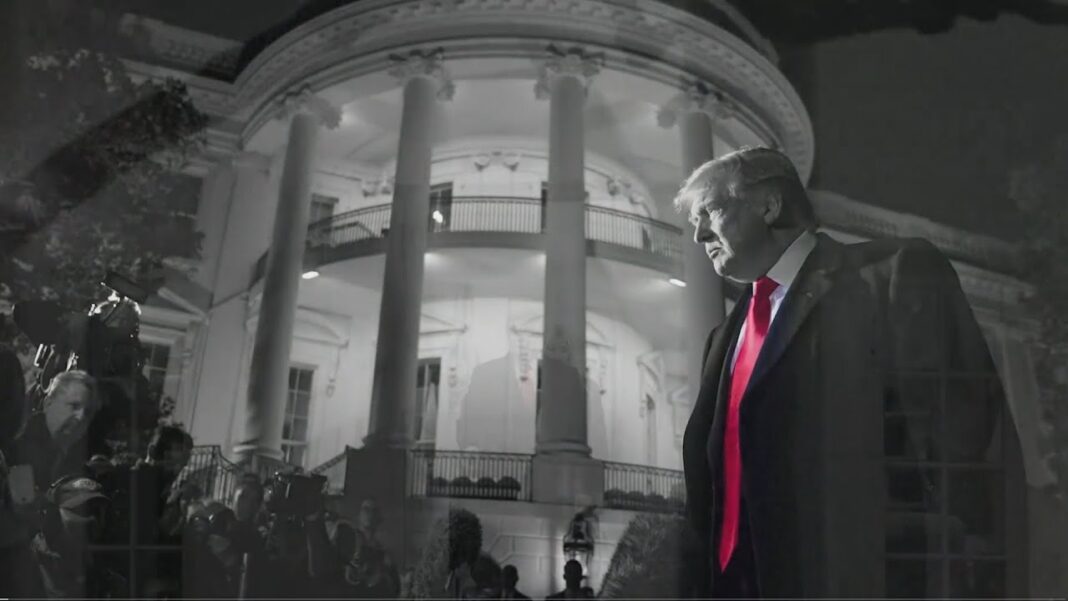NEW YORK—Donald Trump, former president and frontrunner for the Republican presidential nomination in 2024, pleaded not guilty in New York on April 4 to an unprecedented indictment brought by the Manhattan district attorney.
News of the historic indictment on March 30 set off several days of media mania which culminated on Tuesday in coverage of Trump’s motorcade ride through his beloved hometown en route to voluntarily surrender himself at the offices of New York County District Attorney Alvin Bragg and hear his charges at the New York Supreme Court.
In a return to the saga which began shortly after he won the 2016 election, the district attorney charged Trump with 34 counts of falsifying business records in connection to a payment for a non-disclosure agreement signed by adult entertainment actress Stormy Daniels and Trump’s then-attorney, Michael Cohen.
For a president who faced an unprecedented second impeachment, a yearslong aggressive inquiry into alleged collusion with Russia, and the raid of his private residence, the Manhattan indictment is the latest, most dramatic episode in what he and his supporters see as the weaponization of government against a political opponent.
The charges by Bragg, a Democrat elected in a deep blue county, are a particular fit for the pattern because the district attorney has only recently directed his office to not prosecute certain armed robberies, burglaries, prostitution, and drug offenses.
The charges against Trump all cite the same statute New York State Statute 175.10, falsifying business records in the first degree.
The judge, Juan Merchan, did not set a trial date. The prosecutors asked for the trial to take place in January 2024 and Trump’s attorneys requested April 2024. Bragg’s office will have 65 days to file discovery materials. The defense will have until August 8 to file all pre-trial motions. Trump’s attorneys have already indicated that they will file a motion to dismiss the case.








